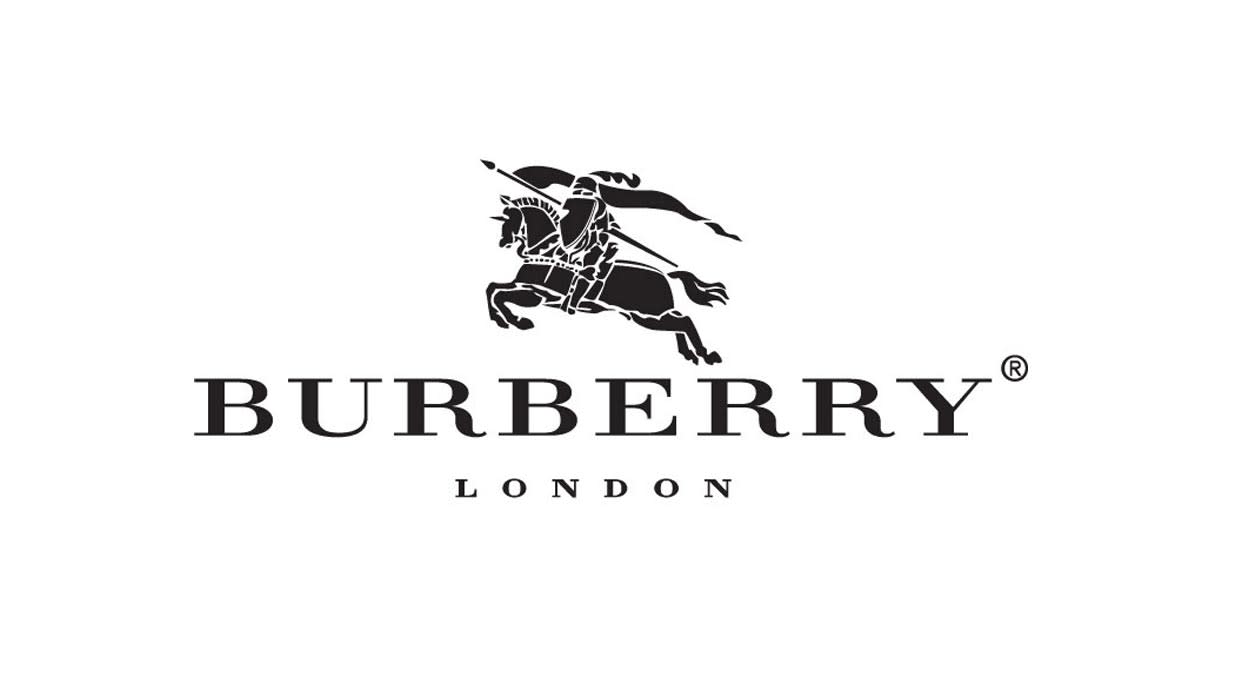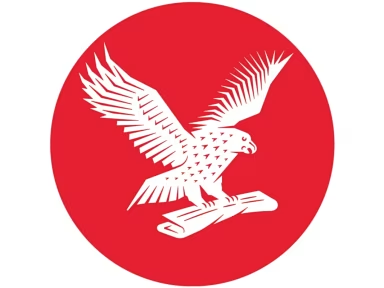Burberry has blamed a global slowdown in demand for luxury goods for a sharp dip in profits, as wealthy shoppers tightened their belts after rises in the cost of living.
Pre-tax profit plummeted 40% at the fashion brand last year to £383 million for the year ending March 30, while underlying earnings were 34% down year-on-year.
The luxury fashion house was hit by a 12% drop in store sales across American markets, where it continues to see “a relatively broad-based decline” in retail customers.
Store sales across Europe, the Middle East and Africa rose 4% for the full year but dropped 3% in the first three months of this year, as the region benefited from tourist growth but struggled later on with pressure from local consumer spending that fell below double digits in the fourth quarter.
Meanwhile, strong sales in Asia earlier in the year were blunted by a 17% drop in the fourth quarter, as demand waned in mainland China.
Burberry has propped up its sales figures with an increasing reliance on its wholesale business in recent years, which helped revenue remain relatively stable, at only a 4% annual drop to £2.97 billion.
But analysts have said its over-reliance on wholesale, despite driving revenue, has impacted the brand’s image.
As a result, it recently embarked on a drive to “refocus” the brand’s image, said chief executive Jonathan Akeroyd, which he reported “good progress” on today.
He said: “Executing our plan against a backdrop of slowing luxury demand has been challenging.
“While our FY24 financial results under-performed our original expectations, we have made good progress refocusing our brand image, evolving our product and strengthening distribution while delivering operational improvements.
“We are using what we have learned over the past year to fine tune our approach, while adapting to the external environment.
“We remain confident in our strategy to realise Burberry’s potential as the modern British luxury brand and in our ability to successfully navigate this period.”
The luxury fashion giant warned the “challenging” environment would continue over the coming months, and that it had picked out cost saving measures to help it combat the impact of inflation.
Nonetheless, wholesale revenue is estimated to fall about 25% in the six months to September as the firm increases control of distribution channels.
It also said that due to changes in foreign exchange rates, it expects a currency headwind of about £30 million to revenue and £20 million to profit next year.
This article was written by Alex Daniel from The Independent and was legally licensed through the DiveMarketplace by Industry Dive. Please direct all licensing questions to legal@industrydive.com.

